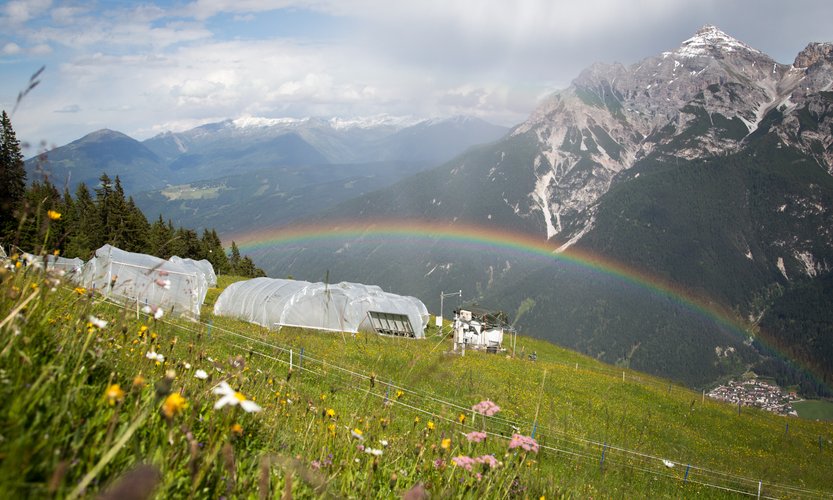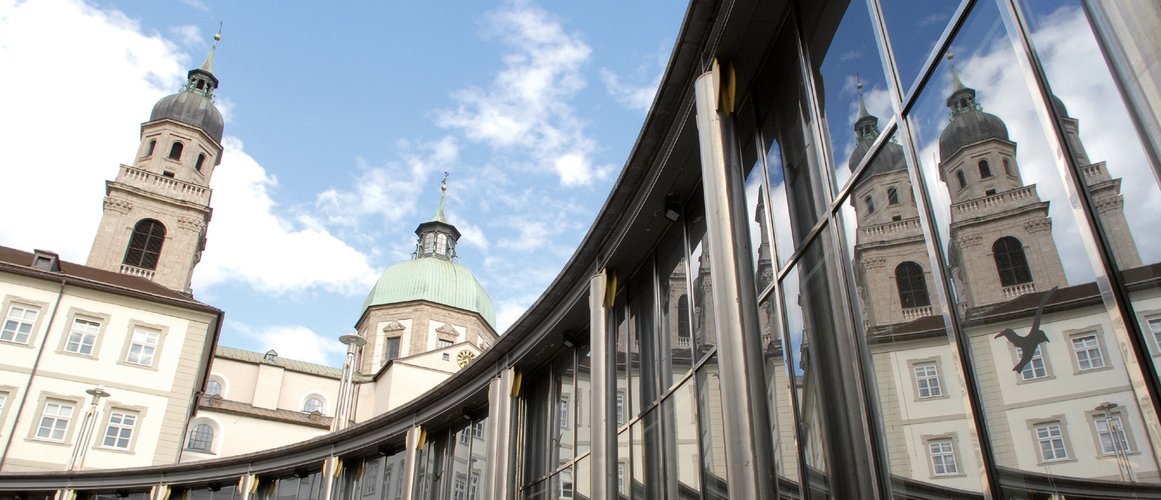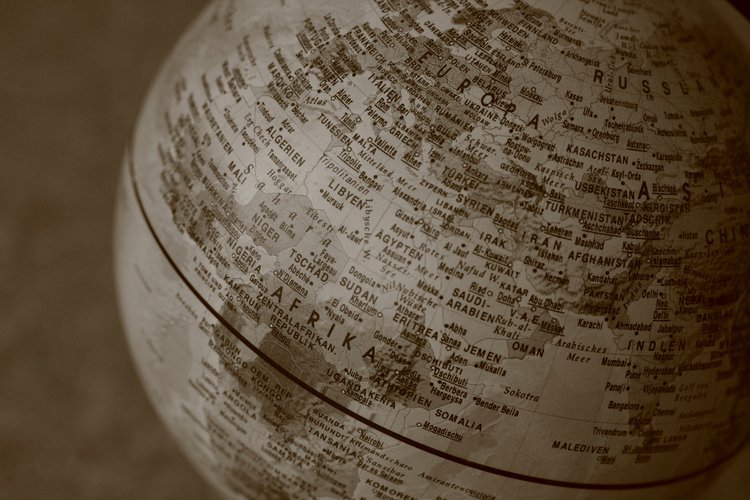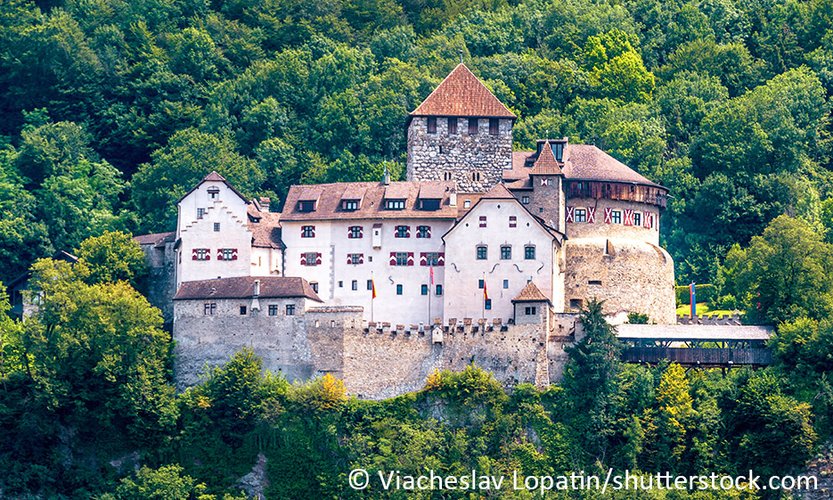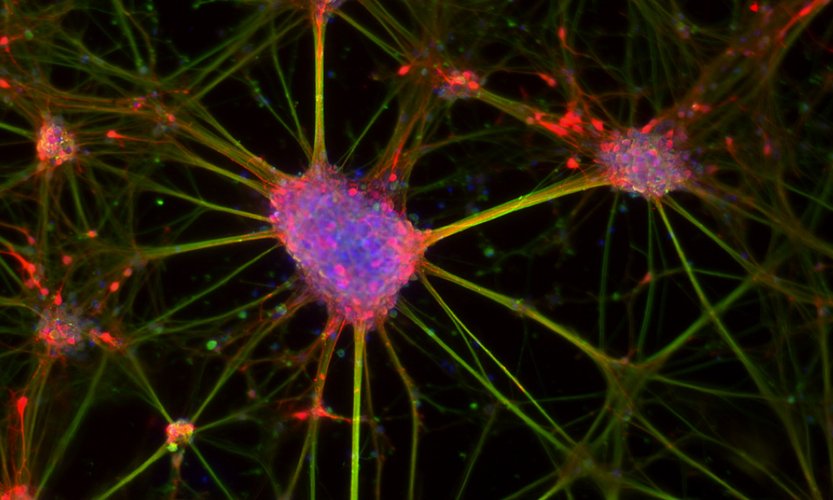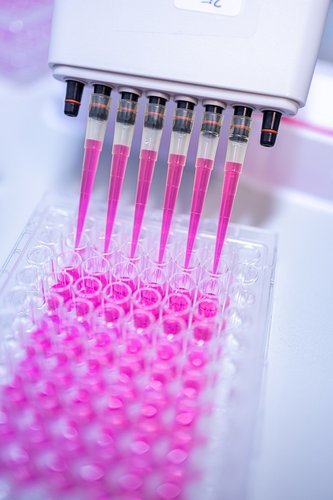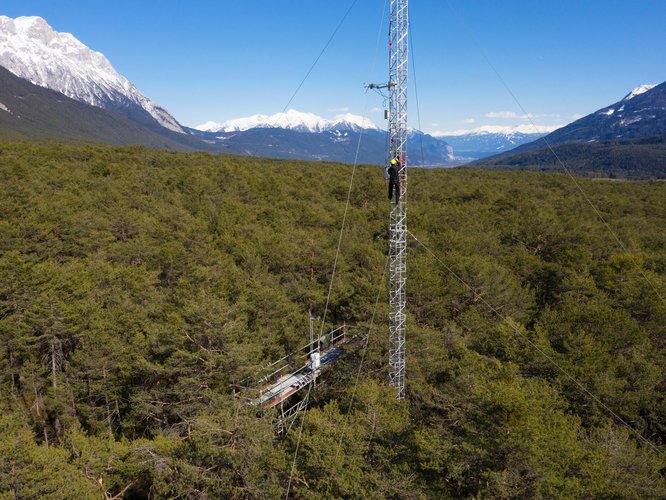Doktoratskollegs
Die Universität Innsbruck bietet jungen Wissenschaftlerinnen und Wissenschaftlern in verschiedenen Fachrichtungen die Möglichkeit, im Rahmen von extern und intern finanzierten Doktoratskollegs an ihrer Promotion zu arbeiten. Doktoratskollegs zeichnen sich durch eine interdisziplinäre Betreuung, die Einbindung in die Spitzenforschung der Universität Innsbruck, Mobilitätsangebote und die Förderung von generischen Kompetenzen (Soft Skills) aus.
Informationen zum Ablauf und zu den Voraussetzungen für die Einrichtung eines neuen Doktoratskollegs finden Sie in folgendem Leitfaden.
Übersicht Doktoratskollegs an der Universität Innsbruck
Interne Doktoratskollegs an der Universität Innsbruck
Doktoratskollegs finanziert durch Fördergeber
Beteiligungen an Doktoratskollegs
IGDT-ART
doc.funds Image Guided Diagnosis and Therapy
ITN FutureArctic
A glimpse into the Arctic future: equipping a unique natural experiment for next-generation
ecosystem research
ITN MoSaiQC
Modular Systems for Advanced Integrated Quantum Clocks
ITN THREAD
Joint Training on Numerical Modelling of Highly-Flexible Structures for Industrial Applications


